An Alexion high-level conference, part of the “Rare Conversations” event series, in partnership with Science|Business (14:00-18:00 CET) | Bibliothèque Solvay

Rare Disease Policies: Pioneering the way towards a resilient ecosystem
This high-level conference will wrap up the overarching theme of Rare Conversations 2022, “Powering the next decade of rare disease innovation in Europe”, by bringing together the input from previous episodes (also at national level) and the expertise of a broad range of representatives of the rare disease community, to build recommendations on the way forward for the rare disease ecosystem, especially in preparation of the upcoming revision of the EU Regulation on orphan medicinal products (OMP Regulation).
The event will, therefore, reflect on several aspects that may be included in the new legislative framework, trying to answer the question: “How to build a resilient rare disease ecosystem for the next decade?”.
The conference will also present Alexion’s 30-year anniversary campaign, under the motto “Pioneering Complement Science Then and Now”. Alexion will share its efforts to empower the future rare disease ecosystem with the goal to continue delivering transformative therapies for people living with a rare disease.
During the overarching opening session, the European Expert Group on Orphan Drug Incentives will present its work and proposals on how to build a sustainable rare disease ecosystem, in connection to the revision of the OMP Regulation. Then, the panels will focus on specific aspects to analyse, by listening to the voices of experts in the field. A breakout session will be dedicated to partnerships for the future, and how a partnership approach can address key outstanding challenges. The conference will conclude with a discussion on the possible policies to adopt to favour innovation and address unmet medical needs, with a particular attention to the regulatory approach to reach these goals.
The final goal will be to make clarity on existing opportunities, and try to identify shared solutions from different stakeholders, to pioneer the rare disease ecosystem. National experts will be involved to give voice to peculiarities that need to be taken into account in specific Member States. The discussion will also be held at a political level, by inviting EU policymakers that will lead the works in the EU Institutions.
14:00 - 14:15 | Keynote speech
- Tamar Thompson, VP, Head of Corporate Affairs, Alexion
14:15 - 15:20 | Opening Session | A sustainable and resilient rare disease ecosystem: the perspective of the Expert Group on Orphan Drug Incentives
The opening session will set the stage for a high-level discussion on how to create a sustainable and resilient healthcare environment for rare diseases. It will start with a presentation of the work of the OD Expert Group, a multi-stakeholder alliance that has developed a set of proposals for the creation of a resilient and innovative rare disease ecosystem, following a life-cycle approach. These proposals are timely with the upcoming revision of the OMP Regulation.
Starting from this, an overarching discussion will follow, focussing on the legislative framework and on the revision of the OMP Regulation, where to identify the right solutions to strengthen the rare disease ecosystem in a sustainable way, including key issues like access.
Agenda
Presentation of the OD Expert Group Proposals
- Julia Wahl, Partner, Copenhagen Economics
High-level exchange
- Yann Le Cam, Chief Executive Officer, EURORDIS
- Dr Andrzej Rys, Director Health systems, medical products and innovation, DG SANTE
Panel discussion
- Vittoria Carraro, Government Affairs Associate Director, EUCOPE
- Yann Le Cam, Chief Executive Officer, EURORDIS
- Prof Michael Schlander, Professor of Health Economics, University of Heidelberg / Head of Division, DFKZ
- MEP Tomislav Sokol, European Parliament
- Dr Martine Zimmermann, SVP, Global Head of Regulatory & Quality Affairs, Alexion
Q&A
Moderation
- Julia Wahl, Partner, Copenhagen Economics
15:20 - 15:30 | Coffee break
15:30 - 16:35 | Breakout Session | Partnerships for future: a cooperative approach to address key outstanding challenges
Partnerships between members of the rare disease community represent an opportunity to better understand and address key outstanding challenges that people living with a rare disease have to face constantly. Such challenges concern different areas of rare diseases, from screening and diagnosis, to R&D, to regulatory pathways and value assessment.
Several existing partnerships have already shown their potential in addressing current needs, for instance the EJP RD, IRDiRC, IHI or Avicenna Alliance. Many others are working in a multi-stakeholder approach to develop innovative ideas, such as Screen4Rare, RWE4Decisions or Together4RD. The latter is aimed at showing the potential of cooperation between ERNs and industry, for instance.
During this session, Experts involved in rare disease partnerships will share their experiences and discuss ideas on which should be the partnerships of the future, and how they should be developed, in order to tackle the main challenges in rare diseases, and trigger new opportunities for the entire community.
Agenda
Introductory Exchange
- Arjon Van Hengel, Deputy Head of Unit “Health Innovations and Ecosystems”, DG RTD
- Dr David Pearce, Chair, IRDiRC
Panel discussion
- Dimitrios Athanasiou, Board Member, EPF
- Magda Chlebus, Executive Director Science Policy & Regulatory Affairs, EFPIA
- Maciej Gajewski, Executive Director, Head of International Government Affairs and Policy, Alexion
- Dr David Pearce, Chair, IRDiRC
- Nathalie Seigneuret, Senior Scientific Project Manager, IHI
Q&A
Wrap-up
- Prof Rima Nabbout, Professor of Paediatric Neurology, Paris Descartes University
Moderation
- Dr Daria Julkowska, Scientific Coordinator, EJP RD
16:35 - 16:45 | Coffee break
16:45 - 17:55 | Closing session | The rocky road towards innovation: pioneering the future of orphan drugs
Innovation involves the exploration of uncertain and unknown terrain, through the years of the research and development of orphan drugs. During the last 30 years, Alexion accumulated experience with both winnings and failures in the innovation process and realized the importance of having an open conversation within the rare disease community. It is important to discuss the nature of research and development in rare diseases and assess a “reality-check” to bring forward a process of continuous innovation.
The closing session will discuss how to pioneer innovation in rare diseases, dealing with the most crucial channel: policies that need to be adopted, both at the EU and national level. The panel will discuss the peculiar nature of research and development of OMPs, bringing examples of innovation in specific therapeutic areas, to assess the ideal regulatory framework to ensure continuous innovation and access to new therapies. The experts will discuss which regulatory conditions and which approach to access should be developed, how innovation and access can co-exist, and, therefore, how they can enhance a fully-fledged innovative, and resilient, rare disease environment.
Agenda
Video-message
- MEP Stelios Kympouropoulos, EPP, Greece
Interview
- Dr Claire Skentelbery, Director General, EuropaBio
Panel discussion
- Prof Mimoun Azzouz, Chair of Translational Neuroscience, University of Sheffield
- Dr Orla Galvin, Executive Director, EFNA
- Dr Holm Graessner, Coordinator, ERN-RND
- Dr Anita Hill, VP, Global Medical Affairs Lead Haematology & Nephrology, Consultant Clinical Development, Alexion
Q&A
Closing question to all panellists
Moderation
- Adam Hutchings, Managing Director, Dolon
17:55 - 18:00 | Closing remarks
- Sue Saville, Journalist
18:00 - 20:00 | Networking Reception
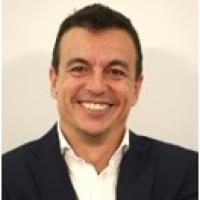
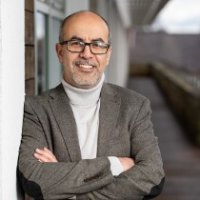
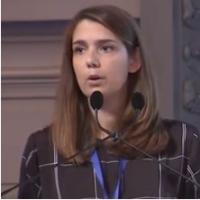
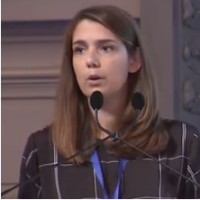



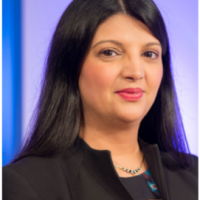

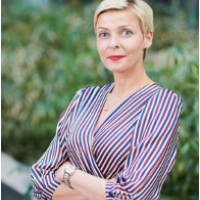
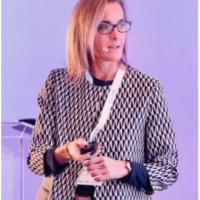



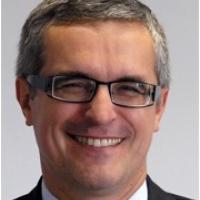




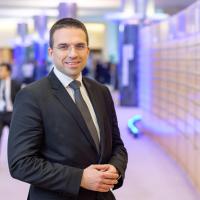



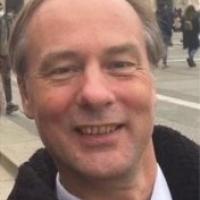
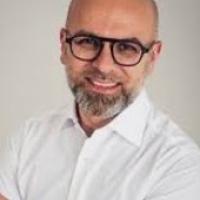
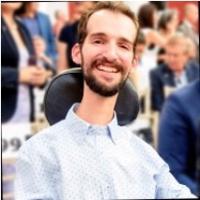
Partners



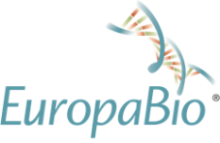
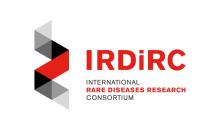




 A unique international forum for public research organisations and companies to connect their external engagement with strategic interests around their R&D system.
A unique international forum for public research organisations and companies to connect their external engagement with strategic interests around their R&D system.